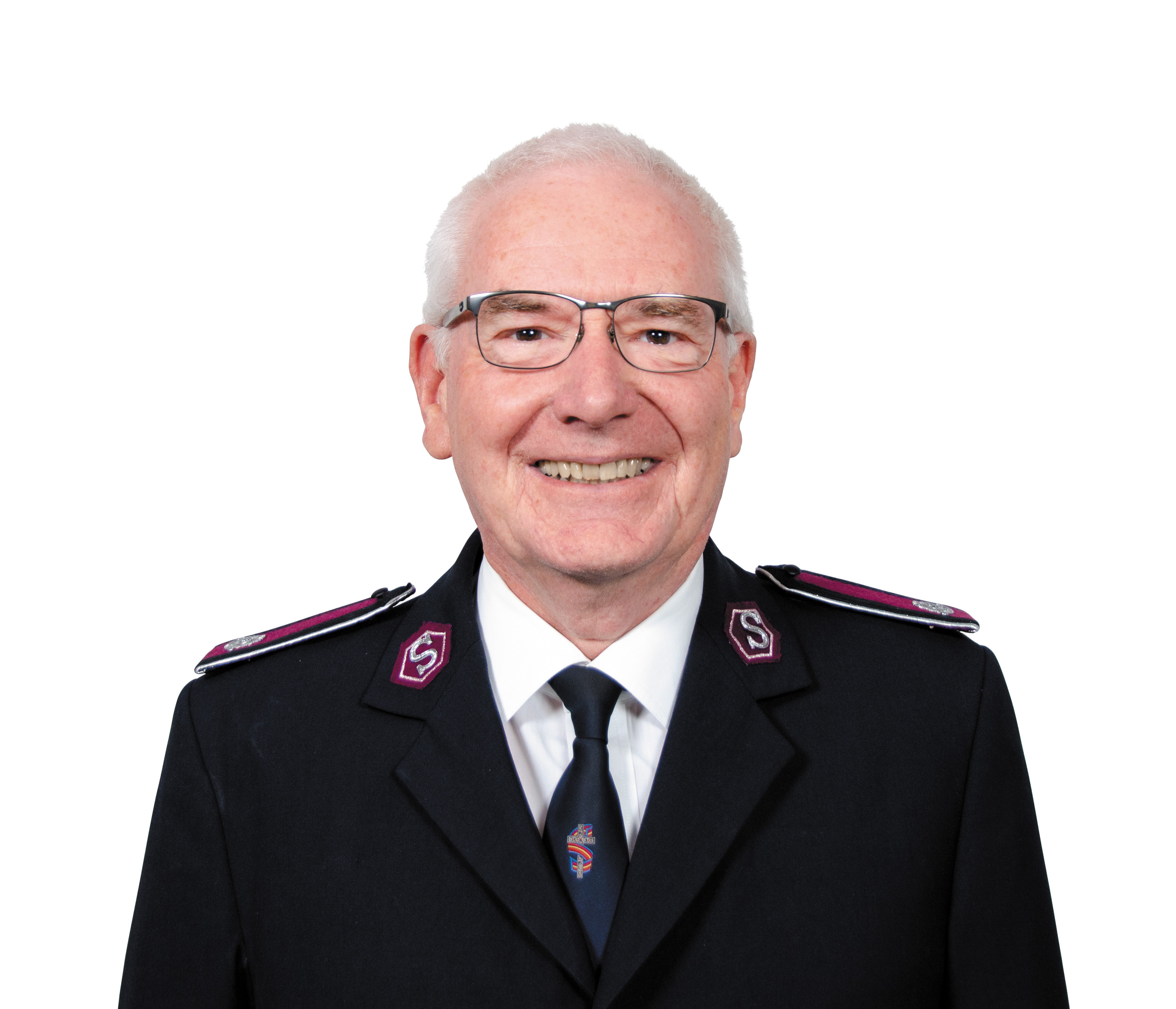
4 minute read
Covenanting Together
Kia whakatōmuri te haere whakamua: ‘I walk backwards into the future with my eyes fixed on my past’. This whakataukī (Māori proverb) speaks to the belief that time is one continuous process or moment. The past, present and future sit together and so do our ancestors, ever-present.
In a Christian context, this is what we believe about the nature of God—timeless, eternal—and that all of history and the future exists in the heart of God.
In this context, the formation of the Rūnanga and the role of the tumu whakarae (operations manager) are significant steps for Te Ope Whakaora (The Salvation Army) in our desire to live our covenantal relationship with God, in God and emboldened by our merciful God, as was agreed at Waitangi in February 1840. At this point in our history, we want to support and strengthen this commitment to honour the way God has called iwi Māori in Aotearoa, and all indigenous peoples.
The gifts and grace of God in each culture can only be brought to the fullness of life in their authentic expressions. These include te reo (language), kaupapa Māori (processes) and rangatiratanga (self-determination)—the right to hear God’s voice as it is spoken, in a way that is understood and expressed just like in Revelation 7: ‘After this I looked, and there before me was a great multitude that no one could count, from every nation, tribe, people and language, standing before the throne and before the Lamb. They were wearing white robes and were holding palm branches in their hands’ (Revelation 7:9).
Our faith in Jesus gives us the courage to transform ourselves and our communities—to be free from the need for control and power, to be free to serve. This courage leads to a right relationship in the land as intended by Te Tiriti o Waitangi, and a fruit of this is peace as promised us by Jesus.
As we remember that solemn covenant signed at Waitangi, let us pray that in our lands the voice of God would speak peace into our hearts, and that with the courage of our faith we would walk humbly with our God.
Colonel Gerry WalkerChief Secretary

Revelation 7:9
After this I looked, and there before me was a great multitude that no one could count, from every nation, tribe, people and language, standing before the throne and before the Lamb. They were wearing white robes and were holding palm branches in their hands (NIV).
Muri iho i ēnei mea ka kite ahau, nā, he mano tini, e kore nei e taea e tētahi te tatau, nō ngā iwi katoa, nō ngā hapū, nō ngā huihuinga tāngata, nō ngā reo, e tū ana i mua i te torōna, i mua hoki i te Reme, he mea whakakākahu ki ngā kākahu mā, he nīkau hoki ki ō rātou ringaringa (PT)
Sa oti oqo ka’u sa vakaraica, ka raica, sa dua nai soqosoqo levu sara, e sega e dua na tamata e wilika rawa, mai na veivanua kece, kei na veimataqali, kei na veimatanitu, kei na duivosavosa, era sa tu e na mata ni tikotiko-vakaturaga, kei na mata ni Lami, era vakaisulu e nai sulu vulavula, ka taura nai viu e na ligadra (FOV).
Iske baad, ham ek baṛa bheeṛ dekha, usman etna log rahin ki gina nai jaay sakat rahin. Ulog sab jaat ke, ṭraaib ke, des ke, aur bhaasha bole waala rahin, aur ulog siñghaasan ke saamne Memna ke aage khaṛa rahin. Ulog ujjar kapṛa pahine rahin aur haath meñ khajuur ke ḍaar liye khaṛa rahin (FRHNT)
Hili ia na‘a ku vakai, pea ta ko e fu‘u kakai lahi, ‘a ia ‘e ‘ikai lava ‘e ha taha hono lau, ko ha kakai mei he pule‘anga kotoa pē, mo e ngaahi matakali, mo e ngaahi fa‘ahinga, mo e ngaahi lea, na‘a nau tutu‘u ‘i he ‘ao ‘o e taloni pea ‘i he ‘ao ‘o e Lami, kuo nau kofu ‘aki ‘a e ngaahi kofu hinehina tōtōlofa, pea ‘oku nau to‘o ‘a e ngaahi va‘a paame (TMB)
Ua mavae atu ia mea, ona ou iloa lea, faauta foi i le motu o tagata e toatele mai atu nuu uma, ma aiga, ma nuu, ma gagana eseese, e le ma faitaulia e se tasi, o loo tutū i latou i luma o le nofoālii ma luma o le Tamai Mamoe, ua oofu i latou i ofu sisina, ua i ai foi lau pama i o latou lima (SOV)










